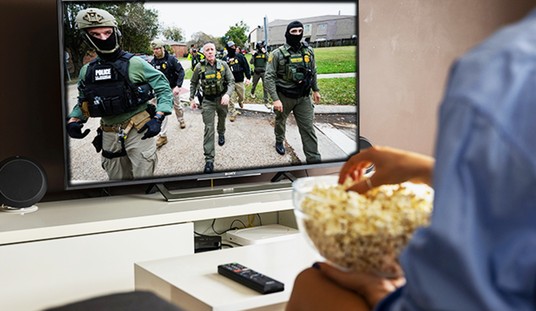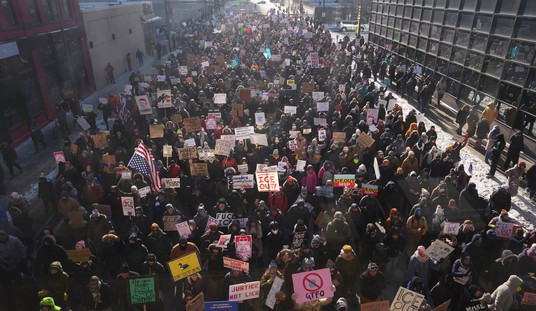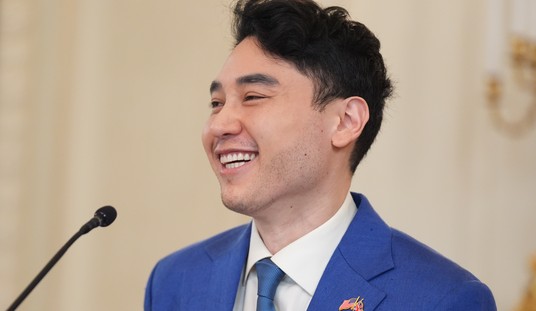Iran’s “project” in Iraq has recently been facing one setback after another. There are an increasing number of signs that the “project’s” prospects for success, for realizing Iran’s ambitions in Iraq, do no point upward anymore. It simply isn’t having much success lately in undermining Iraq’s emerging democracy through politics and force.
In the past Iran has employed several tracks to interfere directly and indirectly in Iraq. The mullahs celebrated several achievements in the project. They rejoiced when pro-Iran powers took over a big part of the Iraqi government. In this they saw the real chance of a satellite Islamic state in Iraq offering them a strategic extension into the western front. It seemed as if the project of exporting the Islamic revolution designed by ayatollah Khomeini was reaping fruit after decades of planning. The dramatic fall of Arab nationalism in Iraq and the potential transformation of Iraq into a Shia theocratic ally would mean the fall of the last geographic wall between Iran and the allies in Syria, Lebanon and the Palestinian territory. It would make the dream of Tehran’s dominance in the region a reality.
To achieve this dream Iran was compelled to force the coalition out of Iraq. This was attempted through constant calls for withdrawing coalition troops from Iraq by extremists in the parliament, and through the occasional use of armed forces. All maneuvers designed to push America to despair by creating the dilemma of ‘why help those who shoot at our soldiers and treat us as occupying enemies?’
While Iran couldn’t secure a majority support in Iraq’s political arena, it definitely secured enough clout to impede the secular democratic project. This costly -in lives and treasure – policy could, in the minds of the mullahs, force America to forsake her goals in Iraq.
That, at least, was the plan. But a number of interesting developments in Iraq in the last few weeks may mark the beginning of failure for Iran’s plan. The developments listed here were collected from both large and small stories in local Iraq newspapers. Perhaps none of them are significant alone, but putting the pieces together allows one to sense that a sea change is underway in this country and the tide is moving against Iran.
At last Friday’s ceremony in a major Shia mosque by a senior Shia cleric — in Najaf no less — Tehran’s interference in Iraq was roundly criticized, calling it an interference that “is not in Iraq’s interest.”
Another story notes the withdrawal of the Fadheela Party from the Shia bloc (the UIA). The Fadheela leaders said the reason for breaking away from the UIA was because the UIA didn’t act as a patriotic movement. This step stands as a challenge by the Arabic hierarchy of Yaqoubi (the Ayatollah behind Fadheela) to the Iranian-born Sistani and his hierarchy, combined with a call for nonsectarian political process.
There’s also the month-old and continuing Baghdad security operation, and the apparent determination of PM Maliki to confront and disarm all outlaws — especially those with connections with neighboring countries. In addition, the flight of Sadr and many others from Iraq has also dealt a blow to Iran’s influence in Iraq.
I’m almost certain Maliki’s statement during the conference last Saturday caused disappointment in Tehran. For the first time the head of state didn’t use double standards in addressing Iraq’s neighbors. Iran was addressed in the same tone that Suuni neighbors were addressed. This by the very Shia premier Iran was hoping to make its puppet.
Not only the Shia front recorded setbacks. The Kurds of Iraq are distancing themselves from Iran and flirting with their Saudi opponents. The visit Masoud Barzani (the president of Kurdistan in Iraq) made to the Saudi capital has more or less marked a significant change in Iran’s relationships with Iraq’s Kurds. Especially at a time when the IRGC is threatening to chase down Kurdish rebels on Iraqi soil in Kurdistan. It is highly probable that the visit was to remind Iran that Kurds are at the same time Sunni.
All in all, things are not going the way Khamenie or Nejad were dreaming of just a few months ago. Overall the course of events recently in Iraq indicates the beginning of a severe for Iran’s stocks in Iraq.
Of course we shouldn’t expect Iran to just sit back and not respond. I think an escalation in attacks by militias loyal to Iran will take place soon, especially outside Baghdad.









Join the conversation as a VIP Member